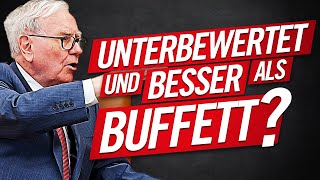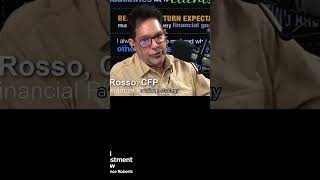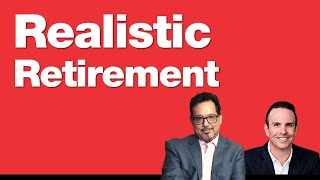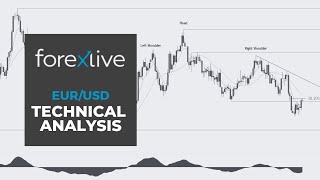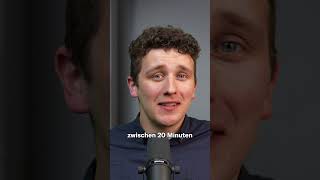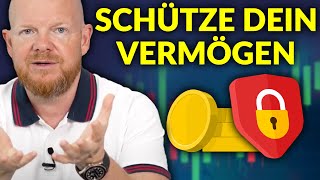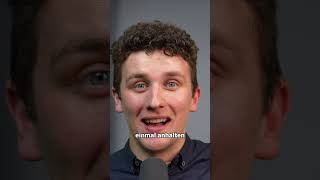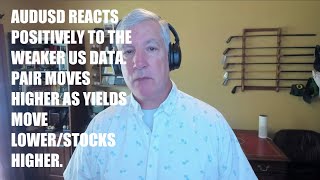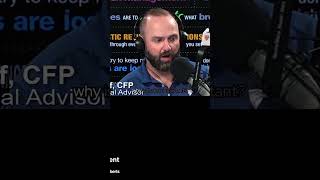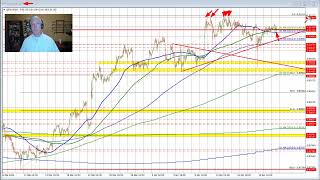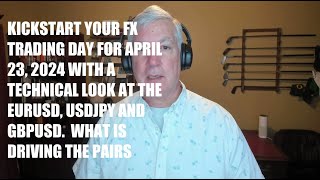| Videos can be faked to make people say things they never actually said. This poses dangers for democracy. Can you spot ALL the deep fake interviews in this film? Read more here: https://www.economist.com/leaders/2019/11/09/women-in-public-life-are-increasingly-subject-to-sexual-slander-dont-believe-it Artwork by: Bill Posters and Daniel Howe Click here to subscribe to The Economist on YouTube: https://econ.st/2xvTKdy These videos are all deepfakes. Synthesised content created using artificial intelligence. Deepfakes will make for even more complicated arguments about what is fake news and what is real. And if seeing is no longer believing the very real question is could deepfakes weaken democracy? Bill Posters is the artist behind these deepfake videos known as the Spectre Project. To test Facebook’s response, Bill posted the deepfake videos on Instagram, a social-media platform owned by Facebook. The company downgraded the videos’ visibility. But that didn’t stop this fake clip of Facebook boss Mark Zuckerberg, going viral. That showed the potential for spreading disinformation online through deepfakes. A danger that’s likely to increase as long as tech companies and politicians remain unsure how to deal with it. Image manipulation is already exploited by autocratic regimes. It’s a dark art that goes back to Joseph Stalin who made his enemies disappear. AI today is capable of making deepfake videos like this where comedian Bill Hader morphs into Tom Cruise. As the technology advances the danger is that deepfakes will be used to mislead voters in democratic countries. Aviv Ovadya is the founder of Thoughtful Technology Project. He worries about another problem that deepfakes could be used as an excuse to help politicians escape scrutiny. He believes the ultimate threat from deepfakes could be that more and more people opt out of democratic politics. A phenomenon he calls “reality apathy” So what can be done to fight back? A group of scientists at Cambridge University are having a go. They have developed a computer game to teach people how to spot disinformation. Dr Sander van der Linden, the game’s designer, believes it will help people to distinguish fact from fiction. Dr van der Linden’s team have drawn inspiration from preventative medicine in their hunt to cure fake news. Deepfake technology means that faking videos is becoming as easy as faking words and photos. Until people learn to look at video with a more critical eye there’s a danger that deepfakes could be used to undermine democracy. For more from Economist Films visit: http://films.economist.com/ |
Tags:















